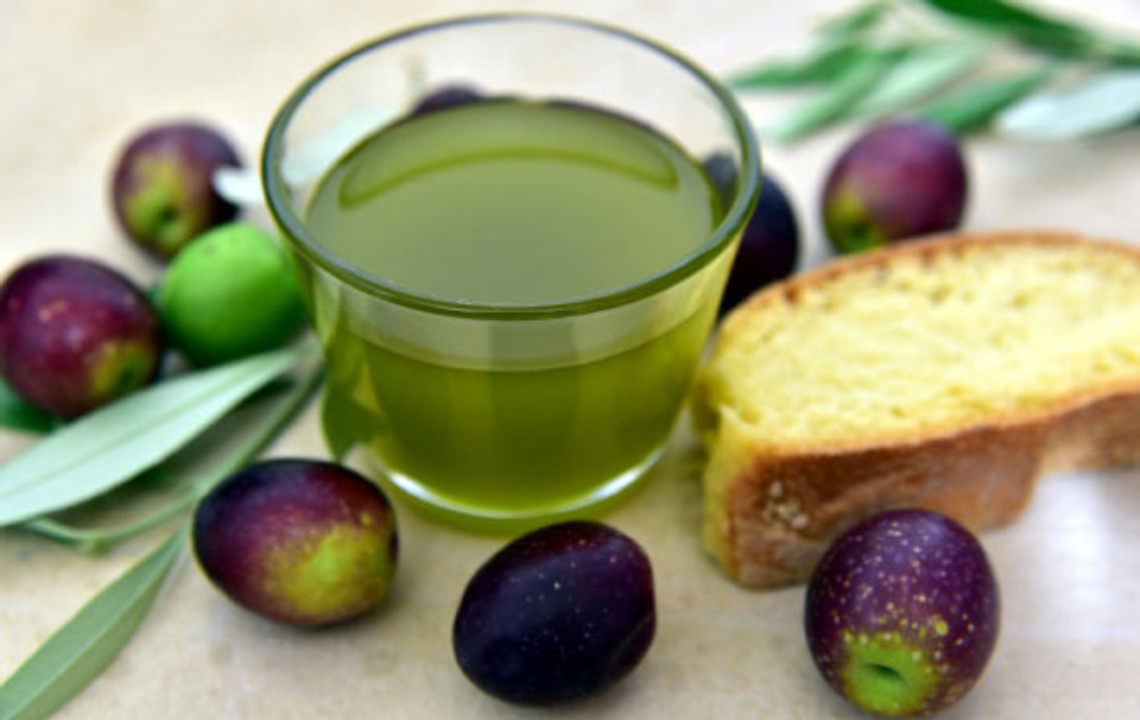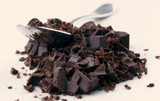Olive Oil-Rich Diet May Extend Lifespan
Olive oil in the Mediterranean diet may hold the key to improving lifespan and mitigating aging-related diseases, according to a new study by researchers from the University of Minnesota and Ionis Pharmaceuticals, Inc.
Olive oil is a major component of the Mediterranean diet. Image credit: Ulrike Leone.
The Mediterranean diet is one of the healthy eating plans recommended by the Dietary Guidelines for Americans to promote health and prevent chronic disease. It is also recognized by the World Health Organization as a healthy and sustainable dietary pattern.
This diet is characterized by an abundance of plant foods (fruits, vegetables, cereals, and legumes). Olive oil is the principle source of fat. Dairy products, mainly yoghurt and cheese, are eaten in low to moderate amounts, as well as fish and poultry. Red meat is eaten only in small amounts. It also contains wine in moderation, usually consumed with meals.
Early studies on the diet suggested red wine was a major contributor to the health benefits of the Mediterranean diet because it contains a compound called resveratrol, which activated a certain pathway in cells known to increase lifespan and prevent aging-related diseases.
However, the new study suggests that it is the fat in olive oil that is actually activating this pathway.
“Merely consuming olive oil is not enough to elicit all of the health benefits,” said University of Minnesota’s Professor Doug Mashek, lead author on the study.
The study suggests that when coupled with fasting, limiting caloric intake and exercising, the effects of consuming olive oil will be most pronounced.
“We found that the way this fat works is it first has to get stored in microscopic things called lipid droplets, which is how our cells store fat,” Professor Mashek said.
“And then, when the fat is broken down during exercising or fasting, for example, is when the signaling and beneficial effects are realized.”
The next steps for the research are to translate it to humans with the goal of discovering new drugs or to further tailor dietary regimens that improve health, both short-term and long-term.
LATEST NEWS
Olive Oil-Enriched Dark Chocolate Improves Cardiovascular Risk Profile
A new study from University of Pisa researchers has found that small daily portions of extra virgin...
Extra-Virgin Olive Oil Consumption Protects
In a study published this week in the Annals of Clinical and Translational Neurology, researchers fr...
Mediterranean Diet Improves Depressive Symptoms in Young Men
New research highlights the important role of nutrition for the treatment of depression and should i...
Extra-Virgin Olive Oil-Rich Diet Protects Mice
Extra-virgin olive oil, a major component of the Mediterranean diet, is rich in cell-protecting anti...
Olive Oil-Rich Diet May Extend Lifespan
Olive oil in the Mediterranean diet may hold the key to improving lifespan and mitigating aging-rela...
Higher Olive Oil Intake Reduces Risk of Total
Consuming more than 7 grams of olive oil per day is associated with lower risk of cardiovascular dis...








